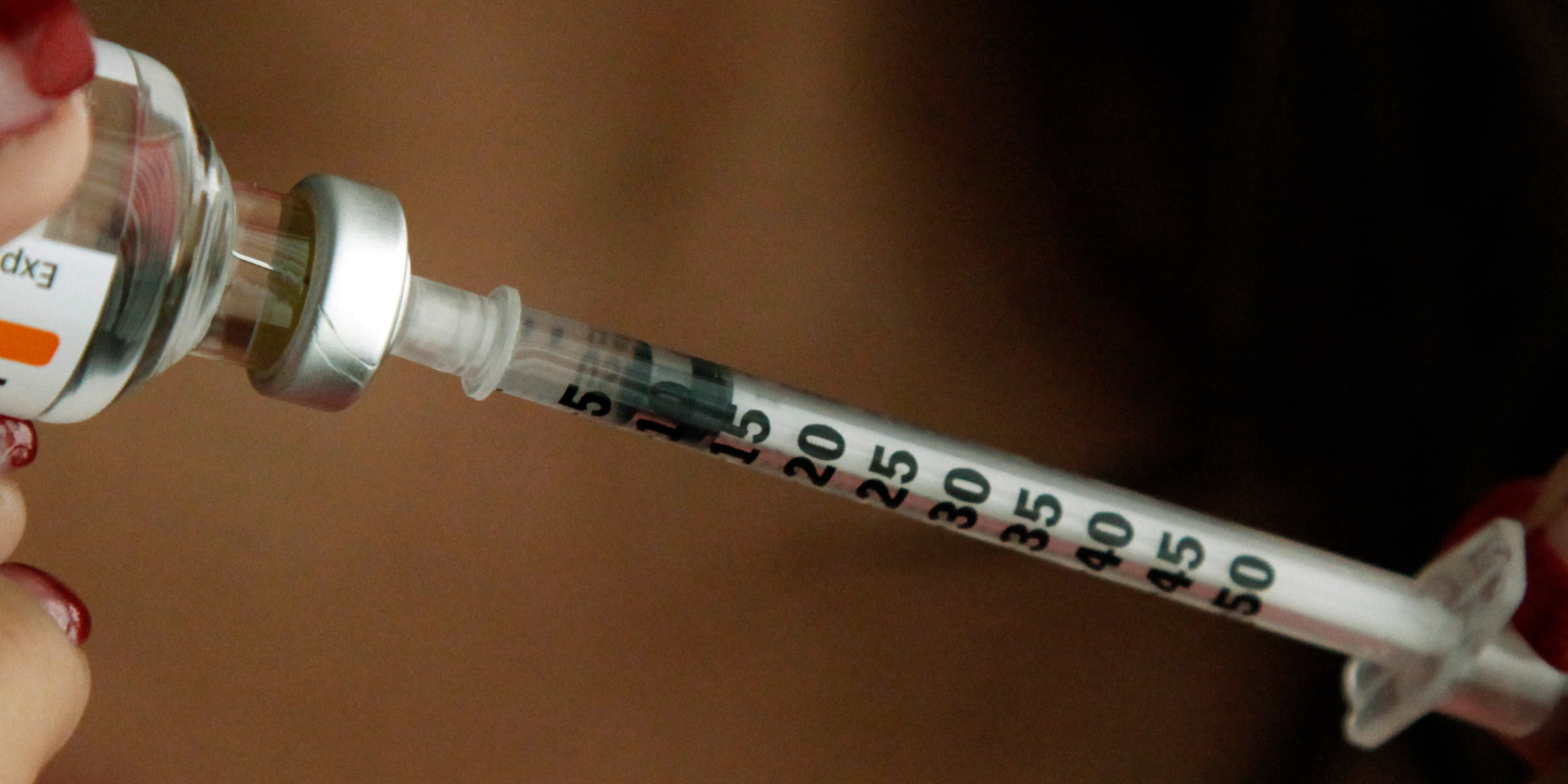- Josh Wilkerson died after taking a cheaper insulin instead of the $1,200 prescription brand a doctor recommended for his Type 1 diabetes.
- Josh Wilkerson, who earned $16.50 an hour working as a dog kennel supervisor, had recently aged out of his stepfather’s private health insurance plan and had opted for an over-the-counter $25 insulin to cut costs.
- But the insulin didn’t work properly with Wilkerson’s body, and he fell into a vegetative state after having multiple mini strokes. He died five days later.
- Visit INSIDER’s homepage for more stories.
A 27-year-old diabetic man died after taking a cheaper insulin instead of the $1,200 prescription brand a doctor recommended for his Type 1 diabetes.
Josh Wilkerson, who earned $16.50 an hour working as a dog kennel supervisor, had recently aged out of his stepfather’s private health insurance plan and had opted for a cheaper, over-the-counter $25 insulin over the pricey alternative, his mother, Erin Waver, told The Washington Post.
In June, he fell into a vegetative state after having multiple mini strokes. He died five days later.
Over-the-counter insulin known as ReliOn, takes more time to become effective than the prescribed “analogue” insulin. Analogue insulin is genetically altered to create more rapid-acting and uniform-acting insulin. It starts acting around 20 minutes after injecting and lasts four hours. Human insulin (or synthetic insulin) mimics insulin in humans, and starts working about half an hour to four hours after injection.
"Todd Hobbs, chief medical officer for Novo Nordisk in North America, said human insulin works just as well as analogue insulin if taken far enough in advance of meals," The Post reported; Novo Nordisk works with Walmart to sell ReliOn.
While Type 2 diabetes, is more manageable with diet and exercise, Type 1 is genetically driven and treated with analogue insulin.
Wilkerson's family is now speaking out about diabetes and the high costs of insulin.
"How many more young Type 1 diabetes patients have to die before something finally changes?" his fiancee, Rose Walter, who also has Type 1 diabetes, told The Post.
Read more: 7 signs you have high blood sugar even if you don't have diabetes
The couple paid $1,000 on rent each month, and struggled to pay their every day bills and save for their wedding, on top of their health coverage, Wilkerson's mother said in a blog post.
"We figured: Hey, it's $25. We can do that, and we'll just work with it and try to do the best we can," Walters told The Post about her and Wilkerson's decision to opt for less expensive insulin, noting that she was worried about how long it might take to kick in. They started taking the $25 insulin in the winter of 2018.
Weaver has become an advocate for people with Type 1 diabetes since her son's death.
"It's pretty much a death sentence," Weaver said of people who have to ration insulin, or rely on cheaper over-the-counter options. "They have no health insurance or good jobs to afford what they need, so they're left with the pittance that is left."
- Read more:
- A new kind of cancer treatment is triggering diabetes in some patients. Scientists still don't know why.
- Outrage over the cost of the life-saving drug insulin has drugmakers scrambling, but Congress and the public demand a price cut
- For people with diabetes struggling to buy lifesaving insulin, a major health company is now offering the drug for just $25 a month
- Many diabetics struggle to afford insulin and there's little the US can do to regulate skyrocketing prescription drug prices
